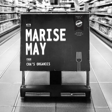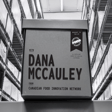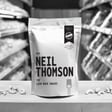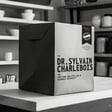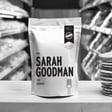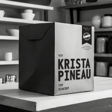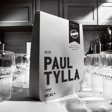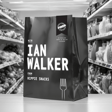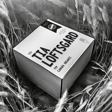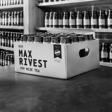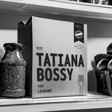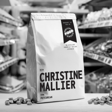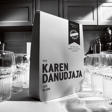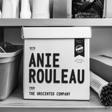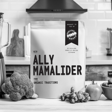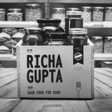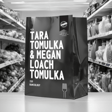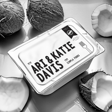
Shelby Taylor | Chickapea
Pasta night is a family favourite for a lot of us but you’d be surprised to learn that pasta is also good for your mental health—that’s right, pasta has been scientifically proven to make you happier - so we're told.
In this episode of Aisle 42 we talk with Shelby Taylor from Chickapea—a dried pasta and meal kit company that transforms chickpeas and yellow peas into delicious entrees that are high in protein and fibre, and low in fat.
We talk about ingredients, flavours, the importance of texture, and we go behind the scenes of their work in the community, their Bcorp certification and their commitment to sustainability.
Learn more about this amazing pasta and where to buy it at https://chickapea.ca/.
Get the scoop on who makes this podcast, and more importantly why, at https://www.ethicalfoodgroup.com/podcast.
Here’s a summary of this episode:
Introduction and Product Praise:
Corwin Hiebert begins the interview by expressing his admiration for Shelby Taylor's chickpea-based pasta, which his family loves.
Ideal Grocery Store Vision:
Shelby envisions a future grocery store where healthier, less processed foods are the norm and not separated into special sections.
Product Ingredients and Changes:
Initially made with chickpeas and lentils, the pasta has switched to using yellow peas for a texture closer to traditional pasta while maintaining high nutritional value.
Positive Feedback from Kids:
Shelby shares excitement about the positive feedback from kids and institutional spaces like daycares, highlighting the importance of familiar texture and taste.
B Corp Certification Challenges:
Shelby discusses the challenges and rewards of maintaining their B Corp certification, focusing on sustainability and the complexities of sourcing organic ingredients while keeping products affordable.
Farms for Change Program:
The Farms for Change program supports regenerative farming and supplies nutritious food to low-income communities, with significant donations from Shelby's company.
Women-Owned Business:
Shelby acknowledges the difficulties and inspiration of being a women-owned business, particularly in raising capital and maintaining certification.
Sustainable Packaging Choices:
The company prioritizes sustainability with recyclable cardboard boxes and small plastic windows to showcase their product, despite the challenges.
Market Presence:
Shelby lists various major Canadian grocery stores where their pasta can be found, reflecting on the growth and market acceptance of their product.
Commitment to Quality:
Despite the challenges, Shelby emphasizes their commitment to providing healthy, nutritious food and the importance of transparency and sustainability in their business practices.
